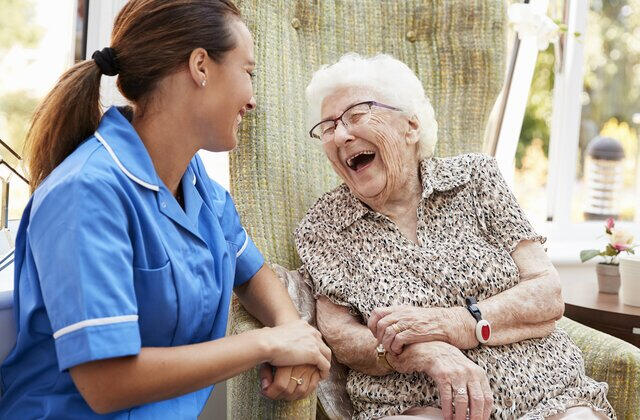
10 Signs Your Loved One May Need Home Care
In this blog, we're diving into a topic close to many of our hearts: recognizing the signs that your loved one may need home care.Navigating this path can be challenging, but armed with the right knowledge and support, you can make the best decisions for your family.
Forgetfulness Beyond Normal Aging
We all have our occasional "senior moments," but when forgetfulness disrupts daily life, it's time to pay attention. The Alzheimer's Association estimates that more than 5 million Americans are living with Alzheimer's, underscoring the urgency of early intervention. Picture this: Your once meticulous parent struggling to recall familiar faces or daily routines. It's a scenario that tugs at the heartstrings and calls for the support of home care experts.
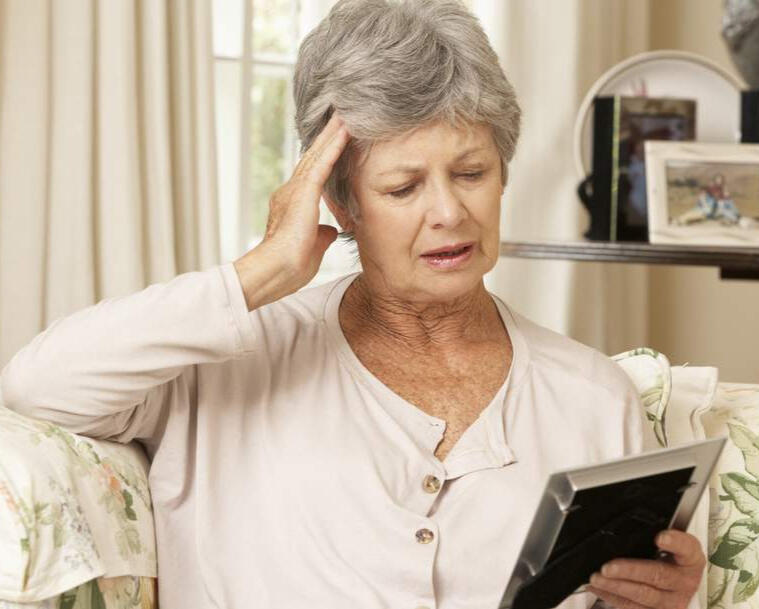
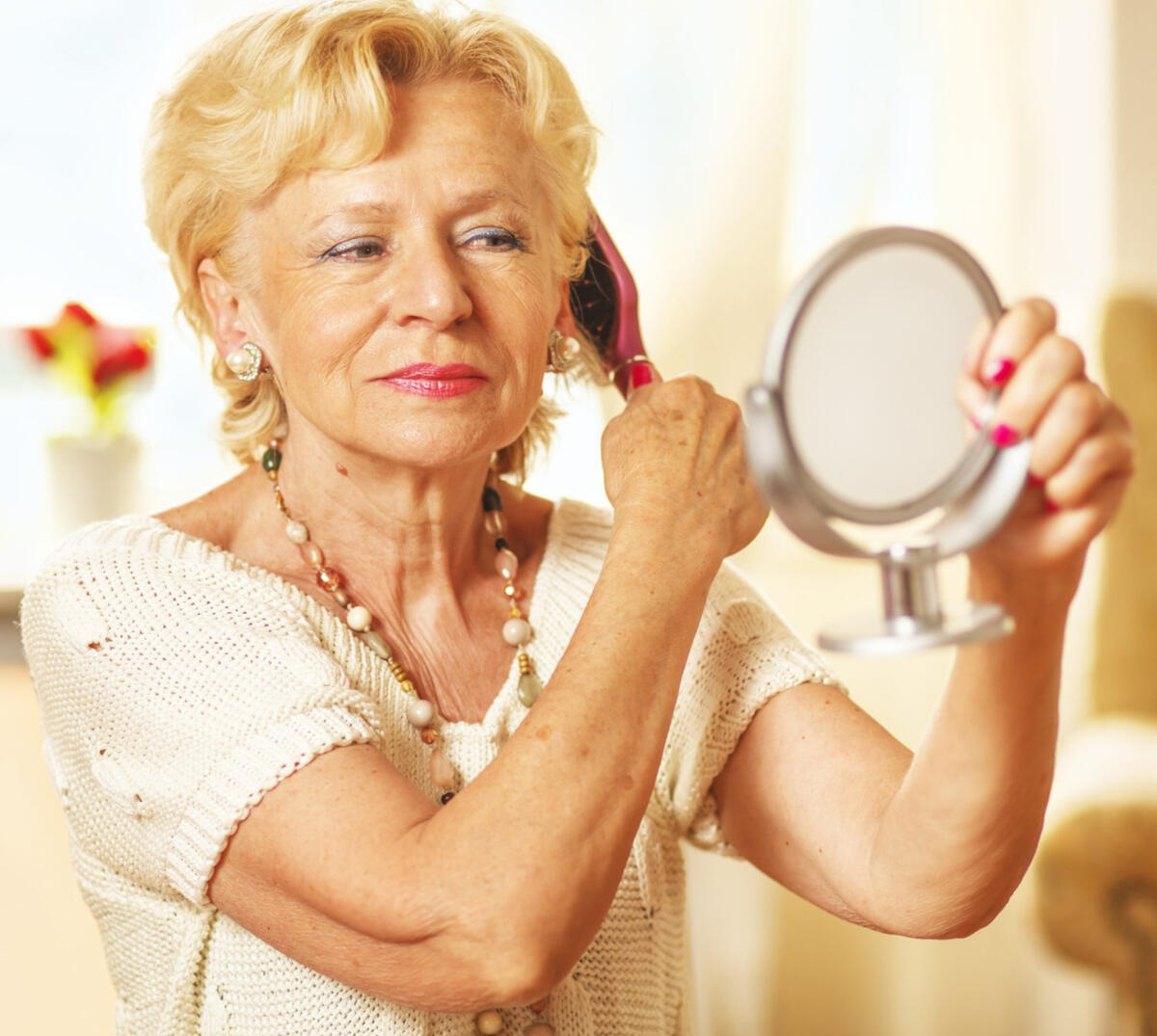
Changes in Personal Hygiene
Approaching the topic of personal hygiene can be delicate, but it's crucial. The National Council on Aging emphasizes the link between personal hygiene and overall well-being. Imagine your loved one, who once took pride in their appearance, struggling with grooming. A compassionate caregiver can provide the necessary assistance with dignity and respect.

Unexplained Bruises or Injuries
An uptick in unexplained bruises or injuries might be indicative of mobility issues or balance problems. Consider the case of an elderly relative who recently fell but didn't share the incident out of fear of losing independence. The Centers for Disease Control and Prevention reports that falls are a leading cause of injuries among older adults.Caregivers can assess and address fall risks at home, ensuring a safe environment. Through companionship and physical support, caregivers can empower seniors to maintain their mobility while minimizing the risk of accidents.
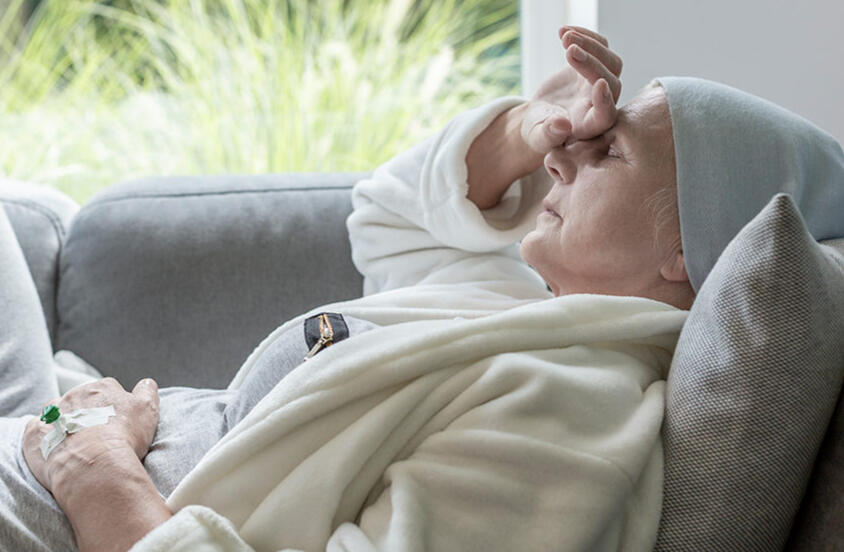
Chronic Health Conditions
Managing chronic health conditions requires consistent care. The World Health Organization notes that the prevalence of chronic conditions increases with age, necessitating specialized care. A caregiver can help monitor and manage these conditions, ensuring your loved one stays healthy and comfortable.
Weight Loss or Lack of Appetite
Changes in eating habits can be a red flag. Imagine your once-voracious eater now picking at meals. The Mayo Clinic emphasizes that malnutrition in seniors is associated with a higher risk of illness and hospitalization. A caregiver's role extends beyond companionship; they can assist with meal preparation, ensuring that nutritional needs are met.By monitoring eating habits and addressing dietary concerns, caregivers contribute to the overall health and vitality of their loved ones, helping them maintain strength and resilience.
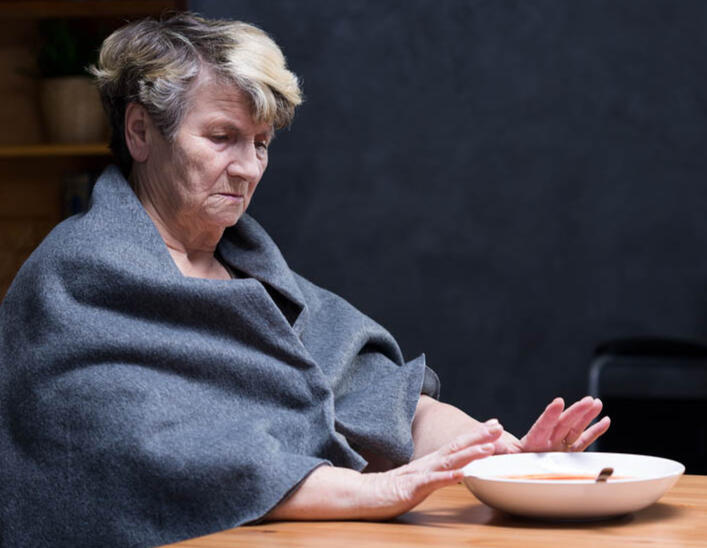
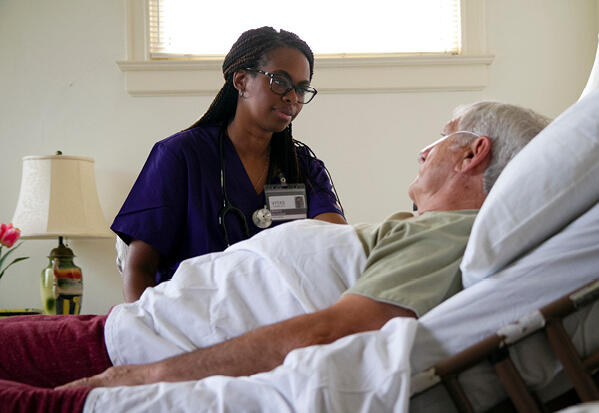
Recent Hospitalization or Health Setback
A recent hospitalization or health setback may highlight the need for ongoing care at home. The Journal of the American Medical Association reports that transitional care, including home care, can significantly reduce hospital readmissions, promoting a smoother recovery process.Caregivers, equipped with the knowledge and skills to provide post-hospitalization care, play a vital role in facilitating recovery and preventing complications.

Isolation and Withdrawal
If your loved one is becoming increasingly isolated, it's essential to address the issue promptly. Picture an elderly parent who used to attend social gatherings but now prefers solitude. The National Institute on Aging stresses the importance of social engagement for seniors, as isolation can contribute to cognitive decline.Caregivers, in addition to providing physical assistance, can be companions and motivators, encouraging social activities that contribute to mental and emotional well-being.
Difficulty Managing Household Tasks
Are household chores becoming overwhelming? Difficulty managing everyday tasks could indicate the need for additional support. Think about a scenario where a once-independent individual struggles with housekeeping. The AARP reports that maintaining independence in daily activities is crucial for seniors' mental and emotional well-being.Caregiverscan step in, not only providing physical assistance but also ensuring that the home environment is conducive to their loved one's well-being. This can include organizing and adapting living spaces to make them more accessible.

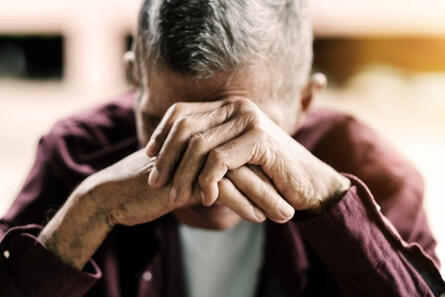
Expressions of the Need for Help
Sometimes, your loved one may express the need for assistance directly. It's crucial to listen and respond empathetically. The American Association of Retired Persons (AARP) emphasizes the importance of open communication in ensuring the well-being of older adults.Creating an open dialogue fosters trust and allows for collaborative decision-making.
Conclusion
Recognizing the signs that your loved one may need home care is a compassionate and proactive step. By staying attuned to their needs, seeking support when necessary, and leveraging the expertise of caregivers, you're providing the best possible care for those who matter most.Remember, you're not alone on this journey. Together, we can navigate the path with expertise, empathy, and the assurance that your loved ones are receiving the care they deserve.